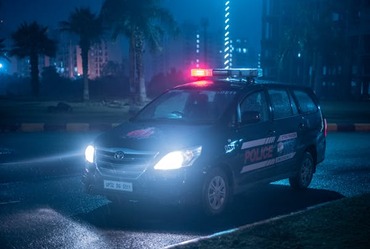Search

Traffic rules and regulations exist to ensure the safety of all from accidents and injuries on the road. Undeniably, they help in that direction. The road rules exist as a guiding set of rules to help the driver keep himself and the passengers free from accidents and injuries. Furthermore, the thought of getting convicted, or being set back by points on the driver’s license, or even being charged with a criminal offence for an infraction of a traffic law pushes drivers and other road users to keep being safe.
However, traffic laws have limits beyond which they cannot prevent accidents. Human beings are not programmed robots. We can only try to follow the rules of the road. Sometimes, we err at the wheel by committing traffic violation. Other times, we intentionally break traffic laws. Some of these findings caused accidents that end up having injury victims, if not worse.
Let’s face it: if you got injured in an accident that had been caused (which most were) through breaking a traffic law, then you might stand a good chance of getting substantial monetary award from that lawbreaker and any other parties who were responsible for that person’s actions.
An overview of what happens if someone breaches a traffic law and injures you, and how a car accident lawyer can assist you to get the compensation.
All 50 states, even Florida, have laws governing operation of vehicles on roads statewide. Whether your state has a name for it–be it “motor vehicle code,” “uniform traffic laws,” etc.–it always means the same thing.
Traffic laws can define a wide variation of specific safe-driving standards that must be followed by all drivers. They generally are usually very extensive, addressing subjects like the following:
This is by no means an exhaustive list. Suffice it to say that traffic laws practically deal with every single aspect in connection with operating a motor vehicle.
Now, traffic laws are so comprehensive that even if you get into an accident, you can bet that someone has committed a traffic offense. The following below are some of the most frequently associated causes of motor vehicle accidents, along with the laws that they typically contravene.
This is again only a sample. The idea is that usually the occurrence of an accident could be taken as an indication that somebody has violated a traffic rule. In fact, even if the causation of an accident does not violate any specific rule or regulation concerning the operation of a vehicle, at the very least it is a reflection of a violation at a bare minimum.